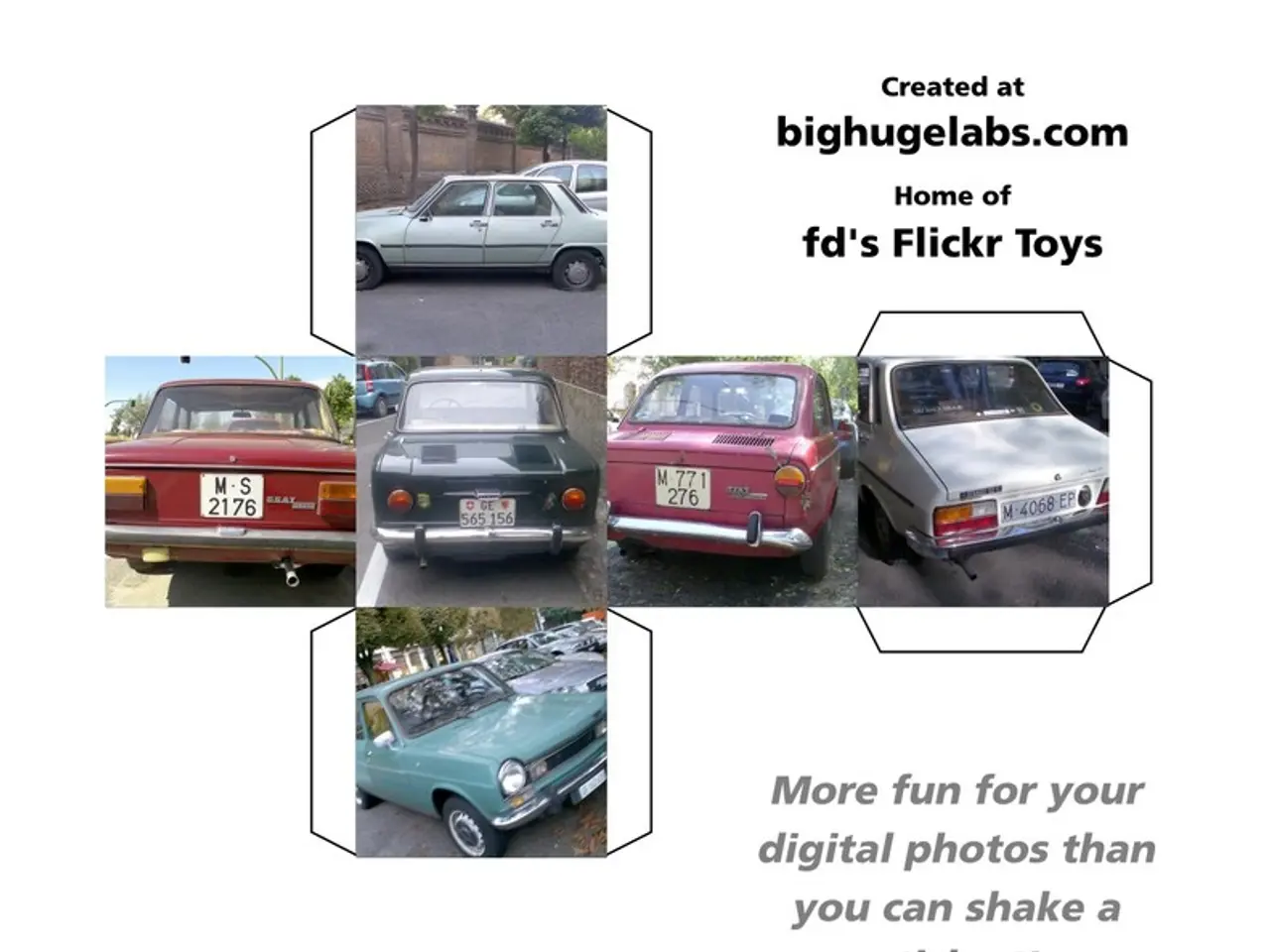Fighting the Crisis through Automotive Industry Giants' Strategies
The German automotive industry is currently grappling with a series of challenges, as major players like Bosch, Continental, ZF Friedrichshafen, and Schaeffler face intense pressure.
Reduced car production and investments in e-mobility not yet paying off have put the industry under immense pressure, particularly German suppliers. Manufacturers are pulling more value creation to themselves to utilize their factories, a trend that is causing concern among suppliers.
The German automotive industry is warning that Asian companies are becoming increasingly difficult to compete with. This competition is evident in the job market, with announced job cuts now totaling almost 15,000, a large portion in the automotive supply sector in Germany.
ZF Friedrichshafen, based on Lake Constance, is in crisis mode. Around 50,700 employees are worried about their jobs due to expected losses this year. A sticking point in ZF's realignment is the drives division, which includes electric, hybrid, and combustion engines, and accounts for nearly a quarter of the company's total revenue in 2024.
Continental, a major automotive supplier, is spinning off its struggling automotive supply division and listing it as a separate entity on the stock exchange. The new company, Aumovio, offers various automotive components, employing around 92,000 people with a revenue of approximately 19.4 billion euros last year.
Continental began as a company that produced horse shoes and tires, but through acquisitions, it grew to become the world's third-largest automotive supplier. However, its automotive supply business has long been a concern, posting losses in recent years.
Mahle, headquartered in Stuttgart, has cut around 600 jobs in Germany over the past 12 months due to its struggles, despite agreeing with the works council to rule out forced redundancies in Germany until the end of 2025. Mahle's management of heat and cold in vehicles, known as thermal management, is a key part of the company's strategy, particularly for electric vehicles.
Schaeffler is relatively better off compared to its peers due to its diversified businesses, with the business with electric vehicle drives on the rise. However, the company has announced the elimination of 4,700 jobs in Europe, including 2,800 in Germany, as part of its plans to significantly reduce its workforce.
Bosch, the world's largest auto supplier, is significantly affected by the crisis and is only partially competitive. The company has implemented cost-cutting programs since the end of 2023, with thousands of jobs set to be cut worldwide in the coming years.
The automotive industry is facing numerous challenges, including the delayed rollout of e-mobility and high costs in traditional transmission businesses. According to Constantin Gall, suppliers are particularly affected by lower production numbers, not just due to low demand for electric vehicles. The current restructuring of Continental's automotive division is led by Continental itself, but no specific individual or external entity is named in the available data; the new company emerging from this division has not been identified in the provided information.
Despite these challenges, these major players remain significant forces in the global automotive industry. Their restructuring and adaptability will be key to navigating the current crisis and positioning themselves for success in the future.
Read also:
- Tough choices on August 13, 2025 for those born under Aquarius? Consider the advantages and disadvantages to gain guidance
- Perpetual Reason for Donning Sunglasses
- Criticisms levelled by a patient advocate towards MPK's judgement on PCR testing procedures
- "The concept of 'corporate feudalism' is not viable"








